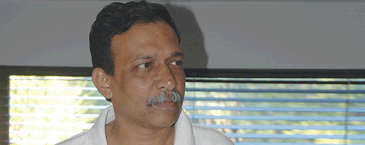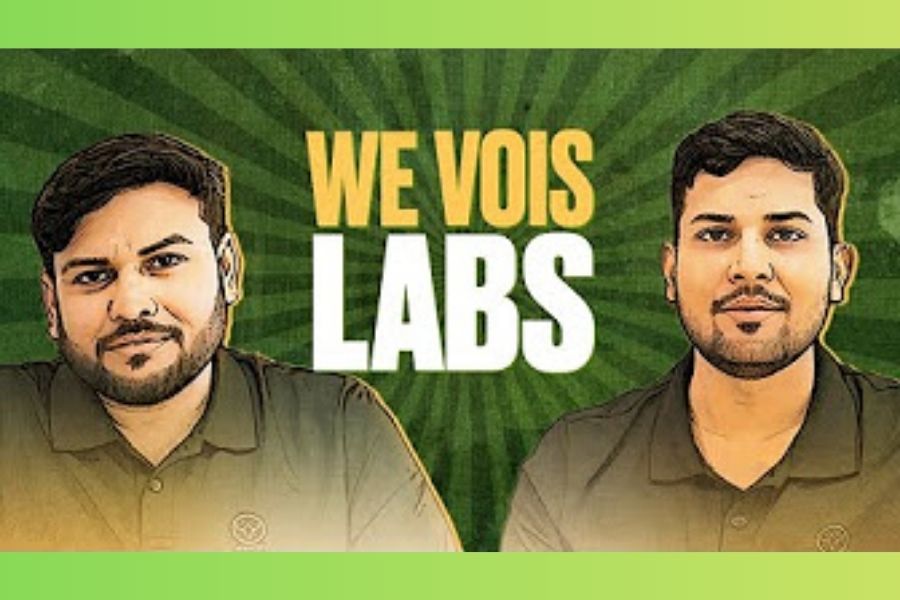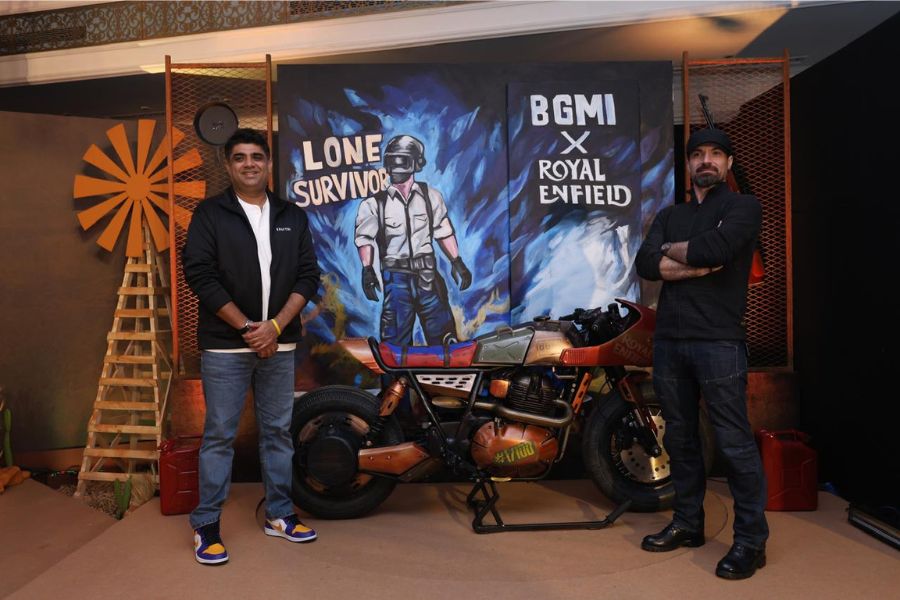I was laid up in bed for a couple of days and , as is wont, re-read a few of my favourite authors.
One of them was John Steinbeck.
And re-reading Once There Was A War for the umpteenth time, sentences that have obviously always been there during the preceding readings jumped out at me and I re-read and re-read those sentences.
Most of them pertained to censorship during World War II and to the rationale, logic and acceptability (or lack) of the censorship.
Censorship in a country like America or India can never be an easy decision. After all, America and India are the world’s greatest democracies.
In India, we saw the damage to Indira Gandhi’s reputation during the censorship at the time of the Emergency.
Yet, during the war, as Steinbeck so brilliantly writes, American war correspondents were more than happy to comply with government orders. In a sentence, you were for America or against it. There was no middle path.
In the past decade or so, with the explosion of news media in India, journalists are able to ferret out stories from all corners of the country, even from places the journos themselves have not heard of 24 hours earlier.
There’s speed and the audio and video are arresting, to say the least.
Take 26/11. The jury’s still out on that one. Were the TV channels responsible? Did they cross some lines? Could they have stopped at some point voluntarily? Is government intervention required?
The fact that there is a debate on these and other questions is a sign of the healthy state of affairs in Indian media.
But before we get to a consensus on these large issues, I want to get to (in a relative sense only) a smaller issue.
Today, all it takes for a small time politician or rowdy-sheeter to be noticed is for a gang of supporters or hoodlums, take your pick, to smash a few windscreens or windows at showrooms – or, as was done in the case of Kumar Ketkar – the residence of someone you don’t agree with.
The TV crew comes running, focuses (very little) on the damage and destruction, but gives the politician or the hoodlum precious minutes of coverage on live television.
The offender gets his fifteen minutes of fame – and gets one step closer to a seat of greater power.
Soon, he could be your MLA.
Soon, he could be a minister in your state.
Soon, he could be a Member of Parliament.
Soon, he could be a Union Minister.
Soon, he could be the Prime Minister.
And remember, all this starts with what seems to be a minor transgression – and what the news media lapped up.
If the TV cameras and the newspapers ignored the perpetrator (not the incident, not the act of vandalism) and lobbied – together – for the perpetrator to be brought to justice, a possible new generation of antisocial elements would think twice about following their leader.
For news media to do this, there is no need for censorship, there is no need for government involvement and interference.
All that news media needs to do is to discuss this at the next conference that someone organizes – and, God knows, there are enough of them discussing far more frivolous issues.
Use self-imposed censorship to prevent the building of antisocial elements. Do not have them on your TV screens;make them invisible. In cases such as this, let editors make calls to each other and help stunt the growth of these antisocial – and potentially very powerful – elements.
One of them was John Steinbeck.
And re-reading Once There Was A War for the umpteenth time, sentences that have obviously always been there during the preceding readings jumped out at me and I re-read and re-read those sentences.
Most of them pertained to censorship during World War II and to the rationale, logic and acceptability (or lack) of the censorship.
Censorship in a country like America or India can never be an easy decision. After all, America and India are the world’s greatest democracies.
In India, we saw the damage to Indira Gandhi’s reputation during the censorship at the time of the Emergency.
Yet, during the war, as Steinbeck so brilliantly writes, American war correspondents were more than happy to comply with government orders. In a sentence, you were for America or against it. There was no middle path.
In the past decade or so, with the explosion of news media in India, journalists are able to ferret out stories from all corners of the country, even from places the journos themselves have not heard of 24 hours earlier.
There’s speed and the audio and video are arresting, to say the least.
Take 26/11. The jury’s still out on that one. Were the TV channels responsible? Did they cross some lines? Could they have stopped at some point voluntarily? Is government intervention required?
The fact that there is a debate on these and other questions is a sign of the healthy state of affairs in Indian media.
But before we get to a consensus on these large issues, I want to get to (in a relative sense only) a smaller issue.
Today, all it takes for a small time politician or rowdy-sheeter to be noticed is for a gang of supporters or hoodlums, take your pick, to smash a few windscreens or windows at showrooms – or, as was done in the case of Kumar Ketkar – the residence of someone you don’t agree with.
The TV crew comes running, focuses (very little) on the damage and destruction, but gives the politician or the hoodlum precious minutes of coverage on live television.
The offender gets his fifteen minutes of fame – and gets one step closer to a seat of greater power.
Soon, he could be your MLA.
Soon, he could be a minister in your state.
Soon, he could be a Member of Parliament.
Soon, he could be a Union Minister.
Soon, he could be the Prime Minister.
And remember, all this starts with what seems to be a minor transgression – and what the news media lapped up.
If the TV cameras and the newspapers ignored the perpetrator (not the incident, not the act of vandalism) and lobbied – together – for the perpetrator to be brought to justice, a possible new generation of antisocial elements would think twice about following their leader.
For news media to do this, there is no need for censorship, there is no need for government involvement and interference.
All that news media needs to do is to discuss this at the next conference that someone organizes – and, God knows, there are enough of them discussing far more frivolous issues.
Use self-imposed censorship to prevent the building of antisocial elements. Do not have them on your TV screens;make them invisible. In cases such as this, let editors make calls to each other and help stunt the growth of these antisocial – and potentially very powerful – elements.




